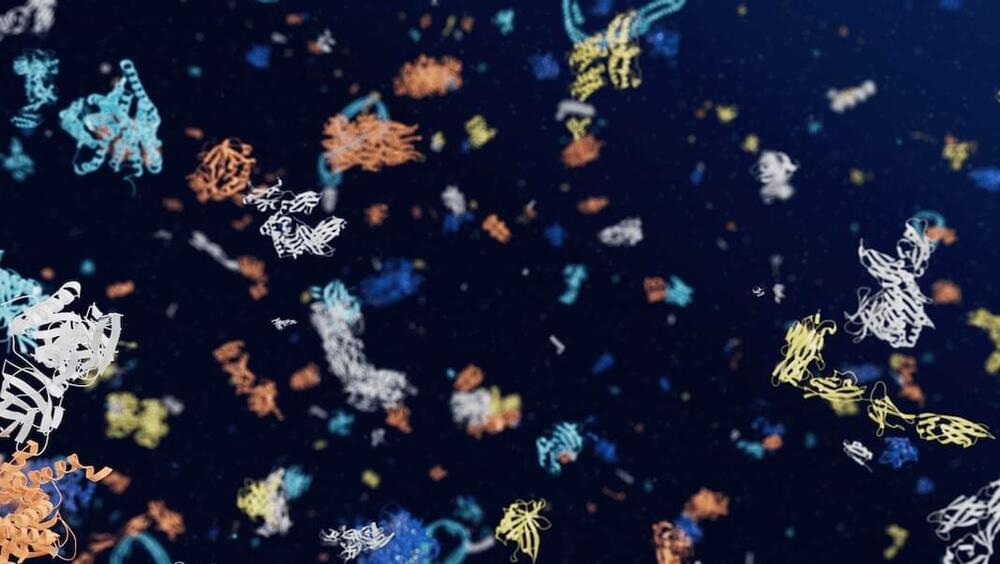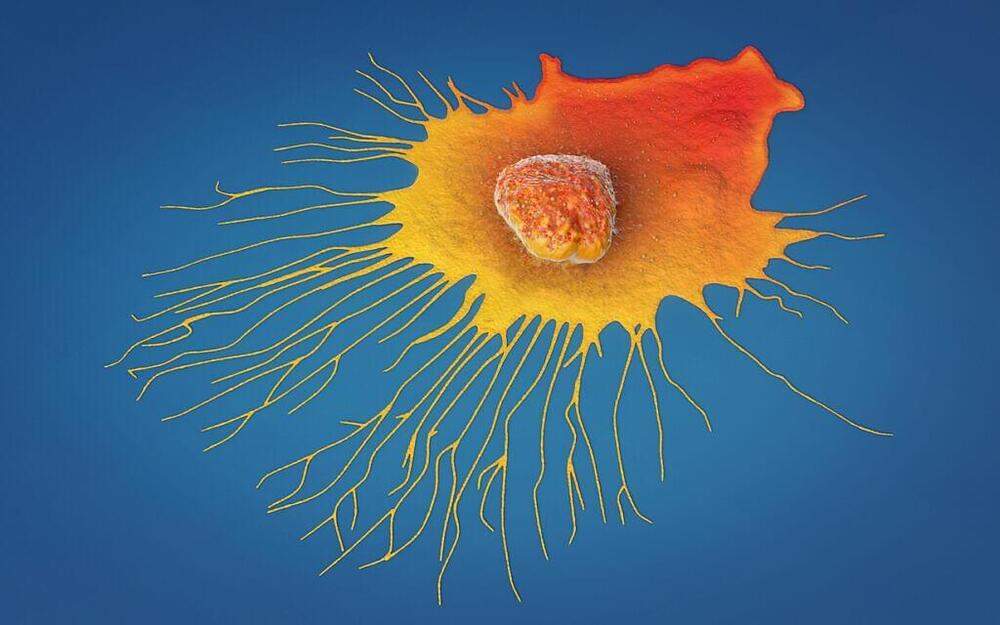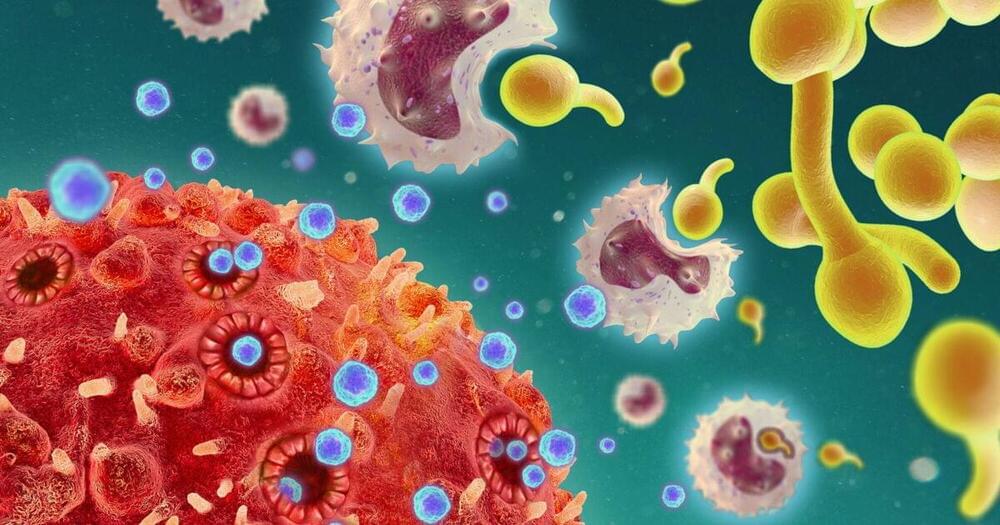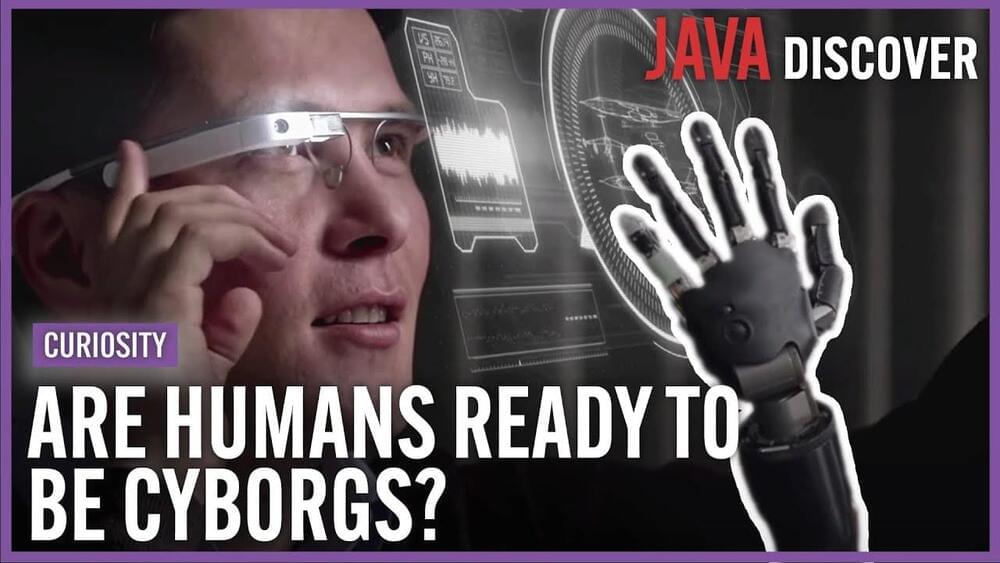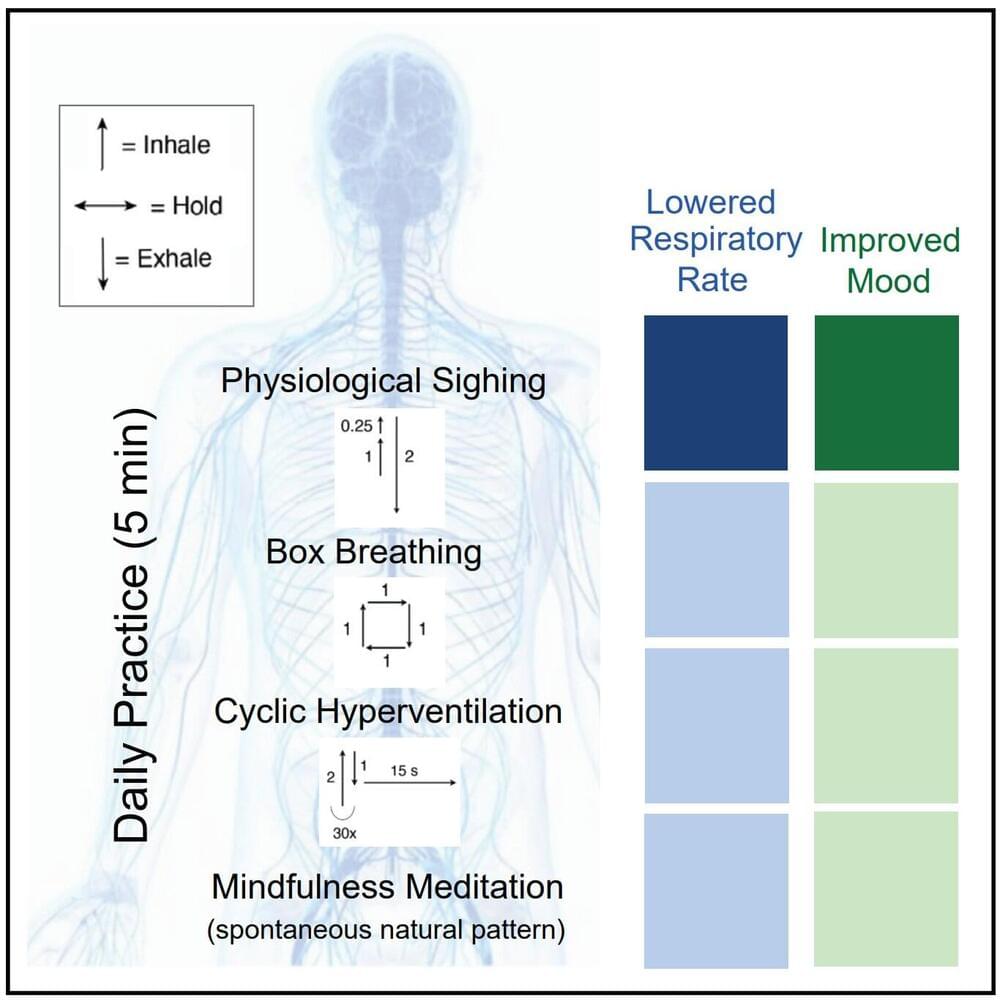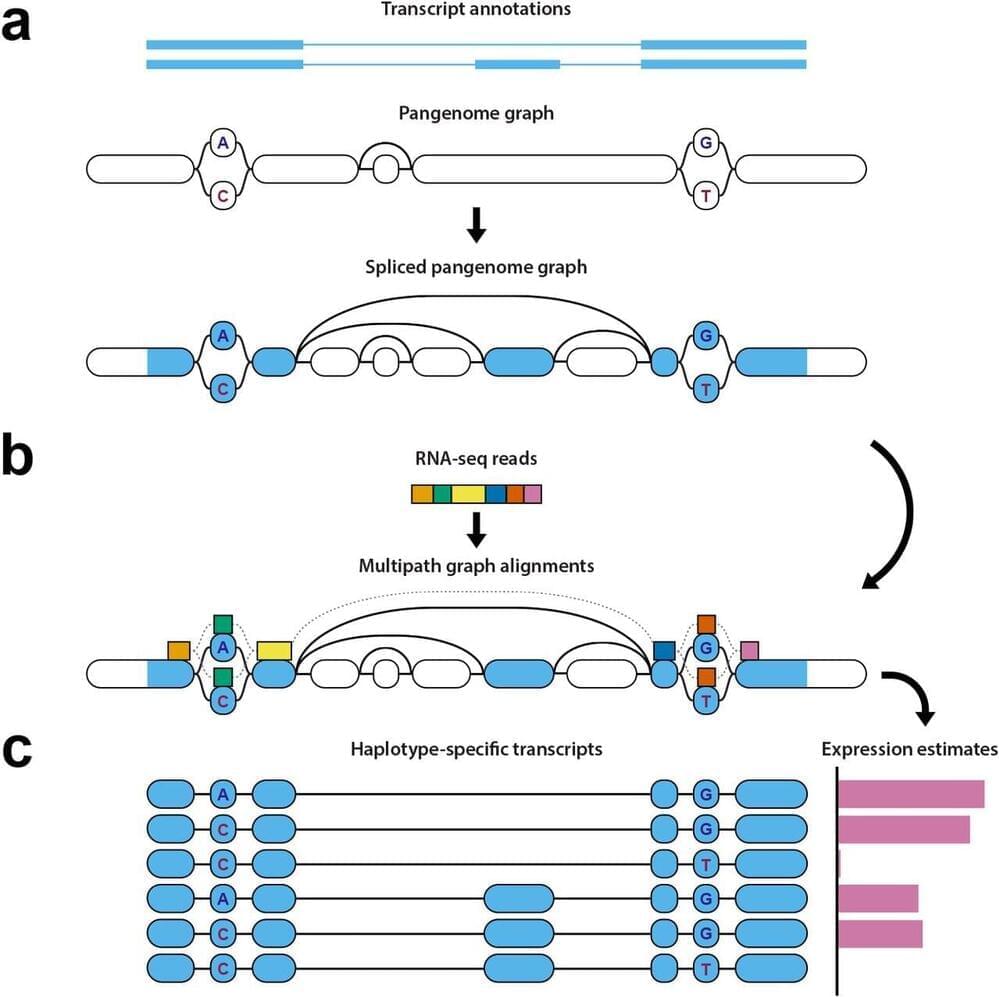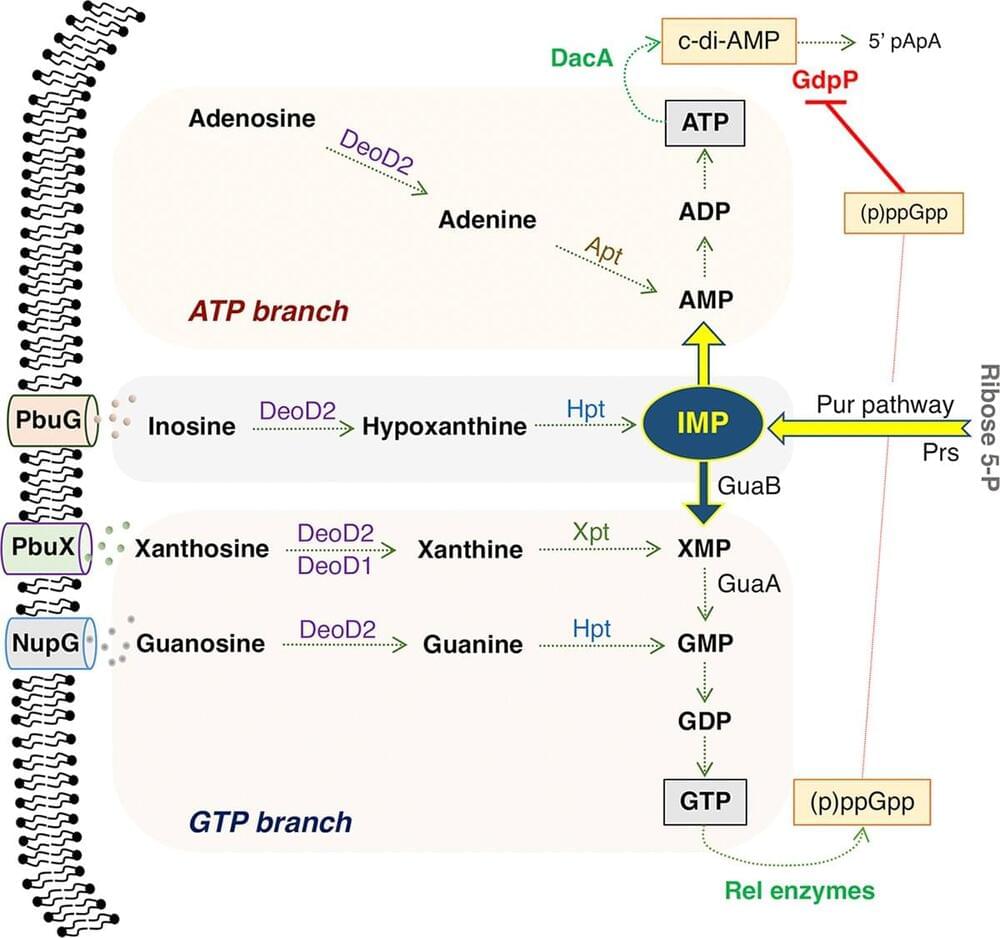Jan 18, 2023
The Next Step for AI in Biology Is to Predict How Proteins Behave in the Body
Posted by Jose Ruben Rodriguez Fuentes in categories: biotech/medical, robotics/AI
This shapeshifting controls the biological processes of living things—for example, opening the protein tunnels dotted along neurons or driving cancerous growth. But it also makes understanding protein behavior and developing drugs that interact with proteins a challenge.
While recent AI breakthroughs in the prediction (and even generation) of protein structures are a huge advance 50 years in the making, they still only offer snapshots of proteins. To capture whole biological processes—and identify which lead to diseases—we need predictions of protein structures in multiple “poses” and, more importantly, how each of these poses changes a cell’s inner functions. And if we’re to rely on AI to solve the challenge, we need more data.
Thanks to a new protein atlas published this month in Nature, we now have a great start.
